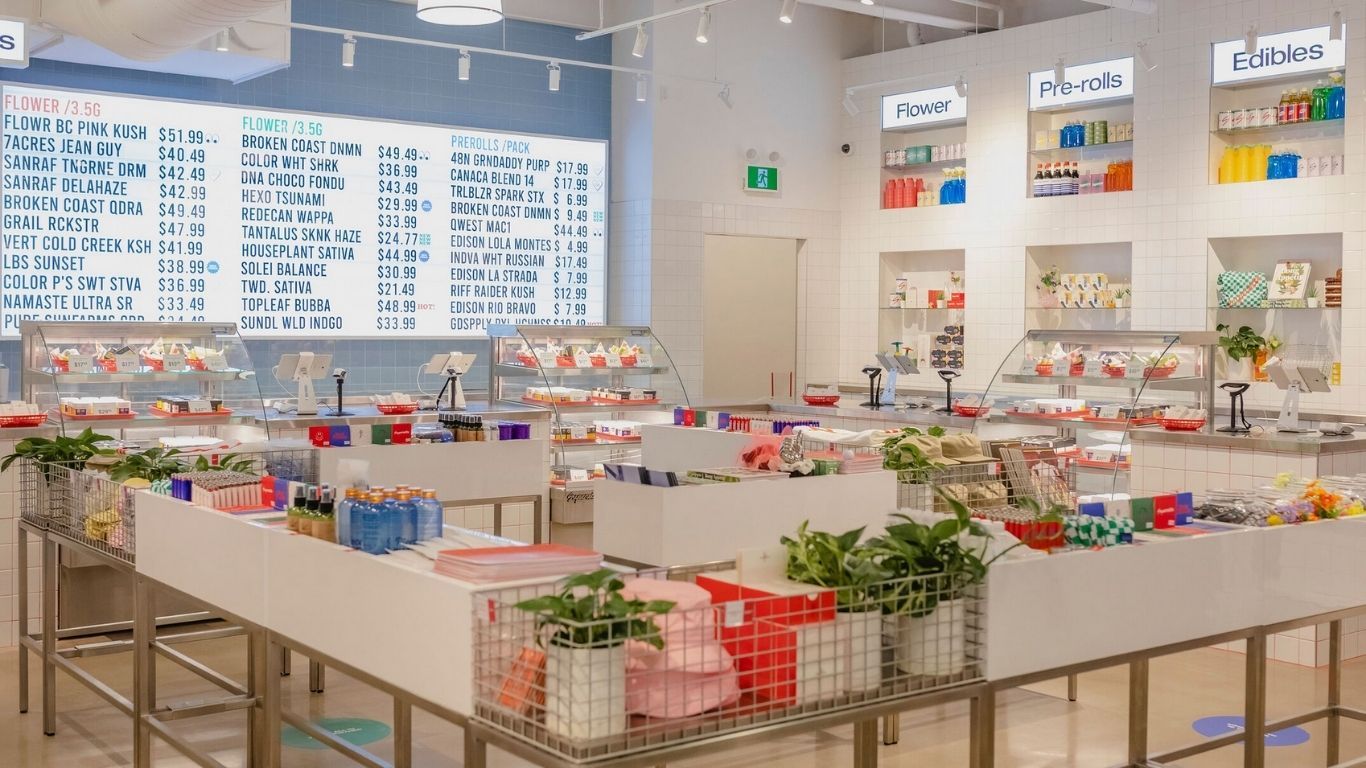
New regulatory guidance from the AGCO is welcome but some question how well new rules can and will be enforced.
UPDATE March 24: AGCO has announced they will be reversing course on one aspect of these proposed changes that will now allow cannabis retailers in the province to enter into agreements with cannabis producers for store brand or white label cannabis products.
The Alcohol and Gaming Commission of Ontario (AGCO) has released information on new provincial rules preventing inducements between licensed producers and cannabis retailers.
The provincial agency lays out new additions to provincial rules governing how cannabis producers and retailers can operate and interact in a new guidance document.
The updated standards “generally prohibit licensees from entering into agreements for items, benefits, payments, or services with licensed producers and their representatives with the purpose to promote or increase the sale of a particular product by the licensee or their employees. In other words, licensees are not allowed to ask for or accept material inducements.”
The new rules will be added to existing rules and come into effect on June 30, 2022.
Although the AGCO does not provide a specific monetary value for what constitutes an item, benefit, or service of nominal value that could be deemed an inducement, it does provide some basic guidance.
It notes that things such as clothing, like t-shirts and hats, or even samples of cannabis, would likely not be considered an inducement, depending on the amount, volume and context, and provides allowances for “education” courses, facility visits, etc.
“Seems like they’re trying to nip that pay-to-play angle in the bud.”
Sasha Soeterik, owner of Flower Pot Cannabis in toronto
However, it specifically disallows producers and retailers from creating a set amount of product a retailer must stock, or defined shelf space or product or brand marketing.
It also disallows more substantive gifts from producers, such as refrigerators or display cases, televisions, etc, or retailers co-branding cannabis or cannabis accessories with LPs.
This last rule will not apply to retailers currently selling white label products but such items will have to be phased out.
The owner of one independent retailer located in Toronto, Flower Pot Cannabis says they have heard stories of other retailers offering product placement in exchange for a payment from LPs, although this is not a practice they personally take part in.
“Seems like they’re trying to nip that pay-to-play angle in the bud,” says Sasha Soeterik, the owner of Flower Pot on Dundas.
Soeterik says she thinks the new rules are important to help ensure a level playing field in the Ontario market but says she’s skeptical of how well the new rules will be enforced, especially with what seems like several loopholes around things like “education”.
“It does seem that AGCO is aware it’s happening, or else they wouldn’t precisely state what they don’t want happening” she continues. “I just want to see if anyone follows up on any of this.”
Denis Gertler, a regulatory advisor in the cannabis space in Ontario, who also previously spent more than five years working at the AGCO, says the move will be important to ensure that level playing field.
“The AGCO Guidance Document on retail inducements reflects the 220+ responses it received from last year’s consultation with Ontario cannabis retailers–not a uniform group,” he explains.
“There’s a divide between large chains (including those linked to LPs), small chains, and independent stores, so these guidelines are meant to help manage the playing field. That’s why franchise agreements are a clear focus here as these can be used to mask inducements by LP-affiliated franchisors. For example, agreements could stipulate preferred displays of the LP-owner’s products or restrict the purchase or placement of competitors’ products. I think the AGCO will actively enforce these revised standards after June 30.”
“There’s a divide between large chains (including those linked to LPs), small chains, and independent stores, so these guidelines are meant to help manage the playing field. That’s why franchise agreements are a clear focus here as these can be used to mask inducements by LP-affiliated franchisors.”
Denis Gertler, Regulatory Advisor
One employee of a producer who spoke with StratCann on the condition of anonymity says it’s a fairly common industry practice across the country for a retailer to charge suppliers for shelf space or prominent promotional opportunities.
Although the new rules do specifically disallow any direct inducement, the way it often works in the cannabis space in Canada is a retailer may sell a supplier a “service” or an education portal, with an unwritten understanding that the actual payment is an inducement for shelf space.
“You’re never going to put it in writing ‘I’ll give you ten SKUs if you pay for this’,” says Allison (not their real name). “Instead they’ll just offer their data and other terms.”
Such practices are well known not only in the cannabis space, but in almost every retail market from alcohol to any other consumer goods.
The guidance document provided by the AGCO does not yet offer any information on what enforcement will look like or what any penalties will be.
Several other provinces have similar restrictions on inducements. Alberta has been the most strictly enforced, issuing tens of thousands in fines to growers and retailers for violating marketing rules.
Note: This article mistakenly referred to the AGCO as the OCS in the second to last paragraph. This error has been corrected.











